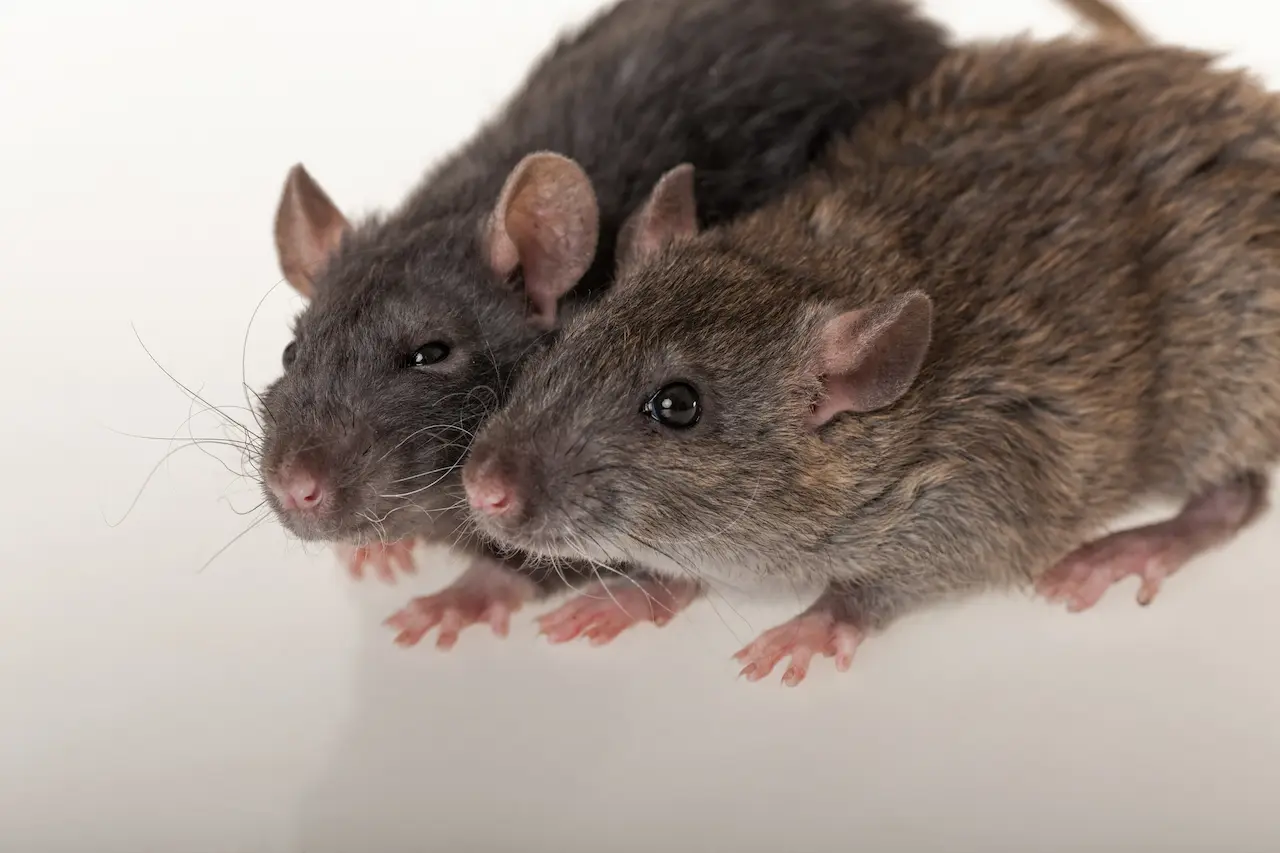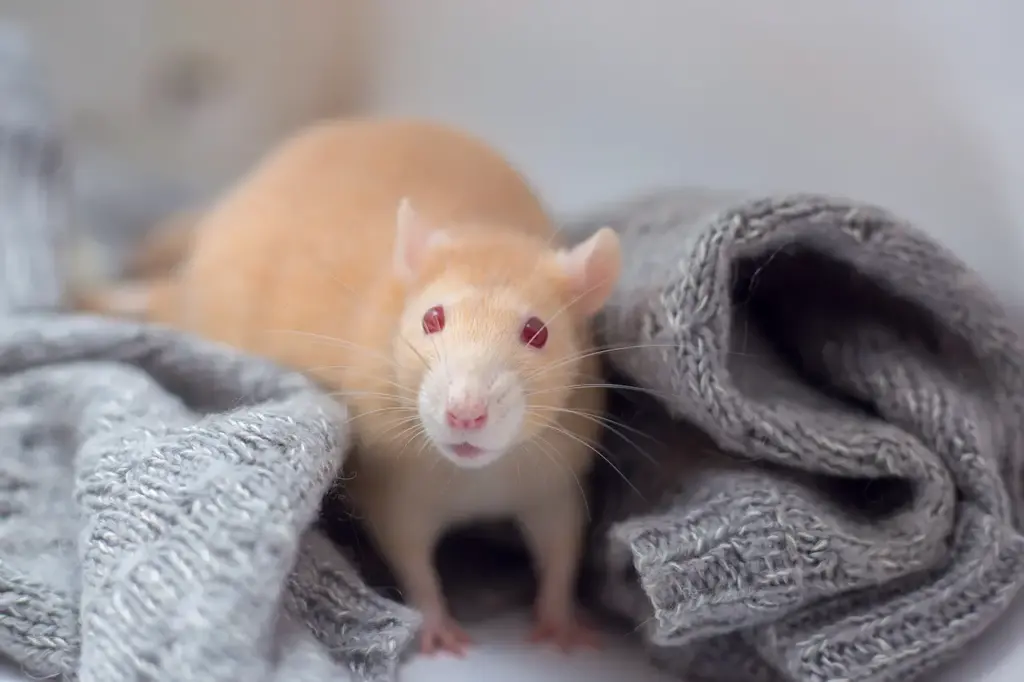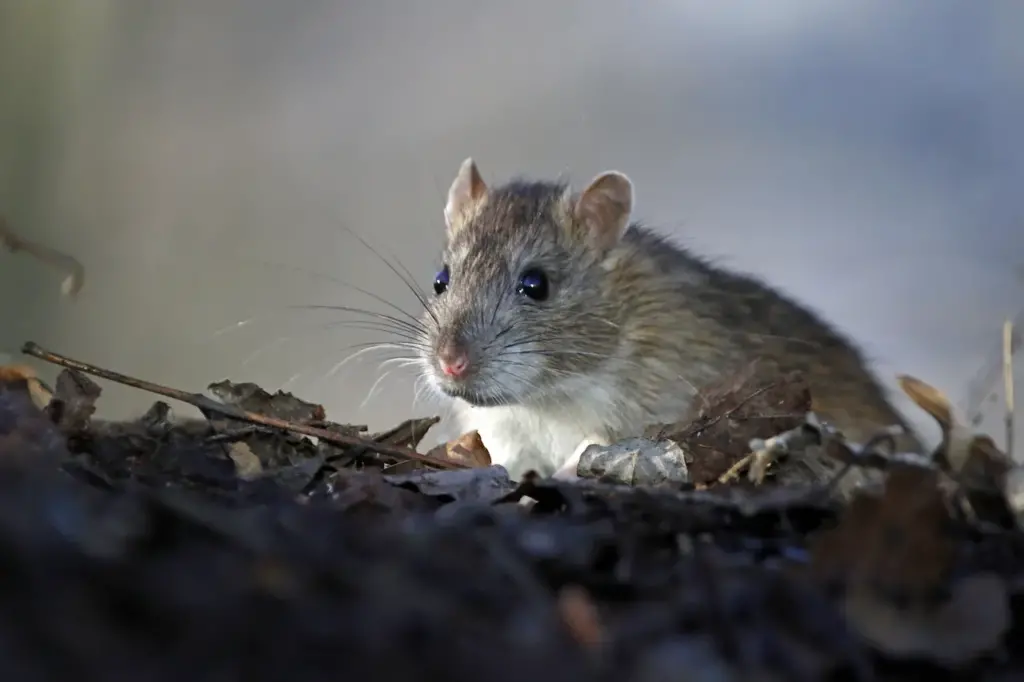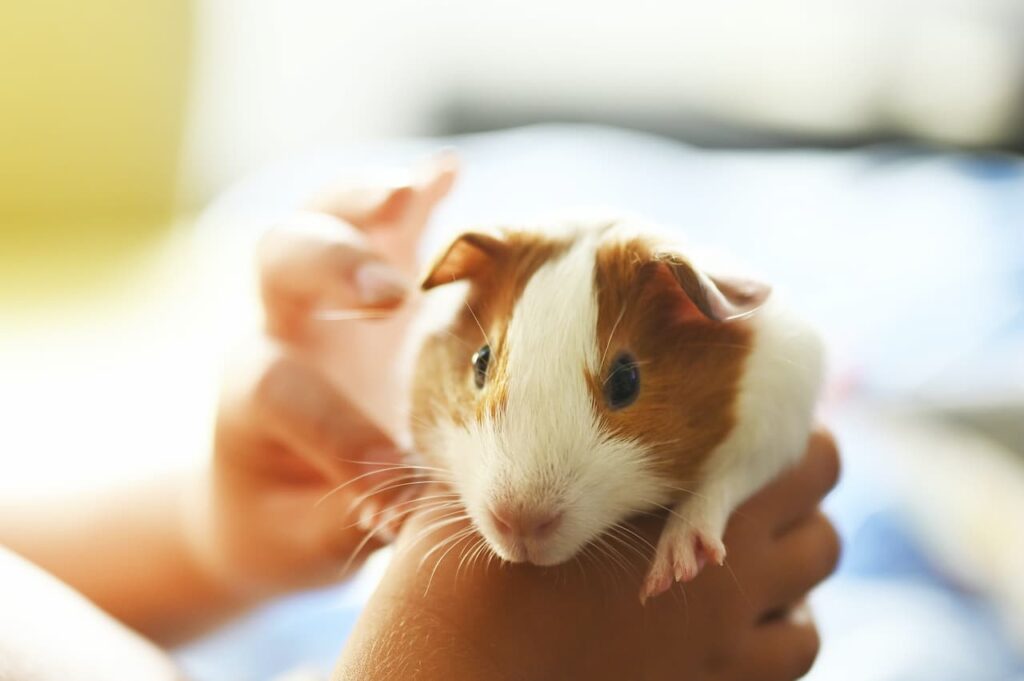Can Rats Eat Yams? What can rats eat?
Rats make great pets for people who don’t have the space to keep a cat or dog. Domestic Rats can be calm and friendly. They can also form emotional bonds with their owners. Domesticated rats are available in many varieties including Dumbo Rats and Manx Rats. There are also different coat styles and tail styles.
Table of Contents
Toggle
There are many different types of domesticated rats, but they all tend to have something in common. It’s the food they enjoy and is safe to eat.
“Can rats eat yams?” This seemingly simple question delves into the intricate world of rodent nutrition, offering insights into the dietary habits and preferences of these often misunderstood creatures. Rats, known for their adaptability and omnivorous nature, can indeed consume yams, but the discussion doesn’t end there. To thoroughly explore this topic, we must examine the nutritional composition of yams, consider the dietary requirements of rats, and address potential concerns regarding yam consumption by these furry companions.
Yams, belonging to the Dioscoreaceae family, are starchy tuberous roots widely cultivated for their edible properties. They are rich in carbohydrates, fibre, vitamins, and minerals, making them a nutritious addition to human diets. From a nutritional standpoint, yams offer a diverse array of essential nutrients, including potassium, vitamin C, vitamin B6, and dietary fibre. These nutrients play crucial roles in maintaining overall health and well-being.
When it comes to feeding rats, providing a balanced diet is paramount for their health and longevity. Rats are opportunistic feeders, capable of consuming a wide variety of foods in the wild and in captivity. Their dietary requirements include a combination of carbohydrates, proteins, fats, vitamins, and minerals to support their physiological functions. While commercial rat pellets offer a convenient way to meet these nutritional needs, incorporating fresh fruits and vegetables, such as yams, can enhance their diet and provide enrichment.
Introducing yams into a rat’s diet can offer several benefits. The carbohydrates present in yams serve as a source of energy, fueling the rat’s daily activities and metabolic processes. Additionally, the fibre content in yams can promote digestive health by supporting regular bowel movements and preventing constipation—a common concern in pet rats. Furthermore, yams contain vitamins and minerals that contribute to various physiological functions, such as immune function, bone health, and antioxidant defence mechanisms.
Despite the nutritional benefits of yams, caution should be exercised when feeding them to rats. While yams themselves are safe for rats to consume, certain considerations must be taken into account. Firstly, yams should be offered in moderation as part of a balanced diet. Excessive consumption of yams or any food item can lead to nutritional imbalances and health issues in rats. It’s essential to ensure that yams are served in appropriate portion sizes relative to the rat’s size and dietary needs.
Furthermore, yams should be prepared and served in a manner that minimizes potential risks to rat health. Raw yams may be challenging for rats to chew and digest, potentially causing gastrointestinal discomfort or blockages. Therefore, it’s advisable to cook yams thoroughly before offering them to rats. Steaming, boiling, or baking yams until soft can make them easier for rats to consume and digest safely. Additionally, yams should be served plain, without added seasonings, oils, or toppings that could be harmful to rats.
Another consideration when feeding yams to rats is their individual preferences and tolerances. Like humans, rats may have varying tastes and digestive sensitivities. Some rats may eagerly devour yams, while others may show little interest or experience digestive upset after consumption. It’s essential to observe your rat’s response to yams and adjust their diet accordingly. If a rat displays signs of gastrointestinal discomfort, such as bloating, diarrhea, or decreased appetite, it’s advisable to discontinue feeding yams and consult a veterinarian if necessary.

In addition to considering the nutritional aspects and potential risks of feeding yams to rats, it’s essential to acknowledge the role of variety and balance in their diet. While yams can offer nutritional diversity, they should be supplemented with other foods to ensure a well-rounded diet for rats. Fresh fruits, vegetables, lean proteins, and occasional treats can contribute to a diverse and stimulating diet for pet rats.
In conclusion, rats can eat yams as part of a balanced diet, provided that certain precautions are taken. Yams offer a range of nutrients that can benefit rat health, including carbohydrates, fibre, vitamins, and minerals. However, moderation, proper preparation, and attentiveness to individual rat preferences and tolerances are crucial when incorporating yams into a rat’s diet. By considering these factors, rat owners can offer their furry companions a nutritious and enjoyable dining experience while promoting their overall well-being and longevity.
What to feed your pet rat regularly
Rats are omnivores. They are at their healthiest if they consume a mixture of fruits, vegetables, and meats.
The best diet for rats is a combination of fresh fruits and veggies, along with rat pellets, or cubes of food, daily. For a balanced diet, the rat food pellets should contain at least 16% of protein and 4-5% of fat. Fruits and vegetables that rats love include:
- Apples
- Bananas
- Pears
- Citrus fruits
- Cabbage
- Broccoli
- Parsely
- Berries
- Peas
- Carrots
- Endives
- Melons
- Stone Fruits
You can also feed your rats certain foods, but only if they are cooked. Raw foods can be harmful. These foods include:
- Beans
- Corn
- Red Cabbage
- Sweet Potato
- Meat & Eggs

What foods to avoid feeding your pet rat
You should avoid feeding your pet rat certain foods that are poisonous or harmful. Please note that this list is not exhaustive.
- Dark chocolate (high caffeine content and sugars, which contributes to obesity and dental problems)
- Caffeine can cause cardiac dysfunction, arrhythmia and cardiac arrest.
- Lemon peels, mangoes, and other foods containing d-limonene (may cause cancer in male rats, in particular)
- Sweet potatoes and raw beans (both contain cyanogenic glycosides, but in small amounts) can cause kidney stones if consumed in excess. CGs turn to cyanide when eaten, but would need excessive amounts to be toxic; raw beans – particularly kidney beans – can be lethal if ingested, as they contain lectin-phytohemagglutinin that causes red blood cells to clump together)
- Green potatoes (contain an alkaloid toxic called solanine).
- Foods that are thick or sticky, such as peanut butter and mashed potatoes, could pose a potential choking risk.
- Wild insects are not recommended due to the parasites or pesticides that they may contain


